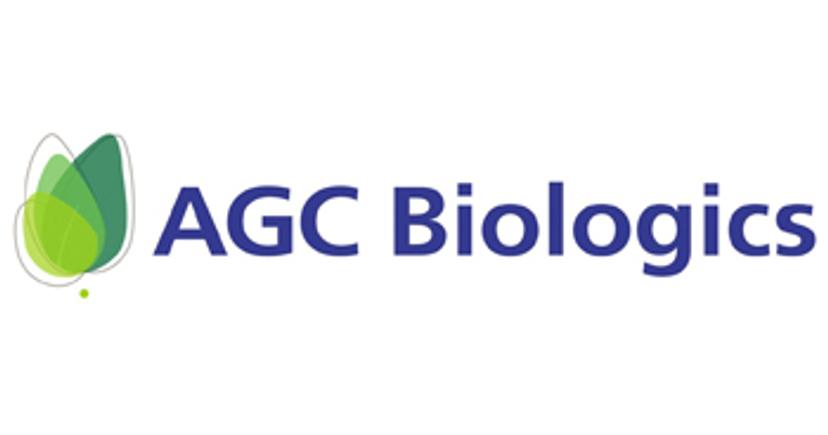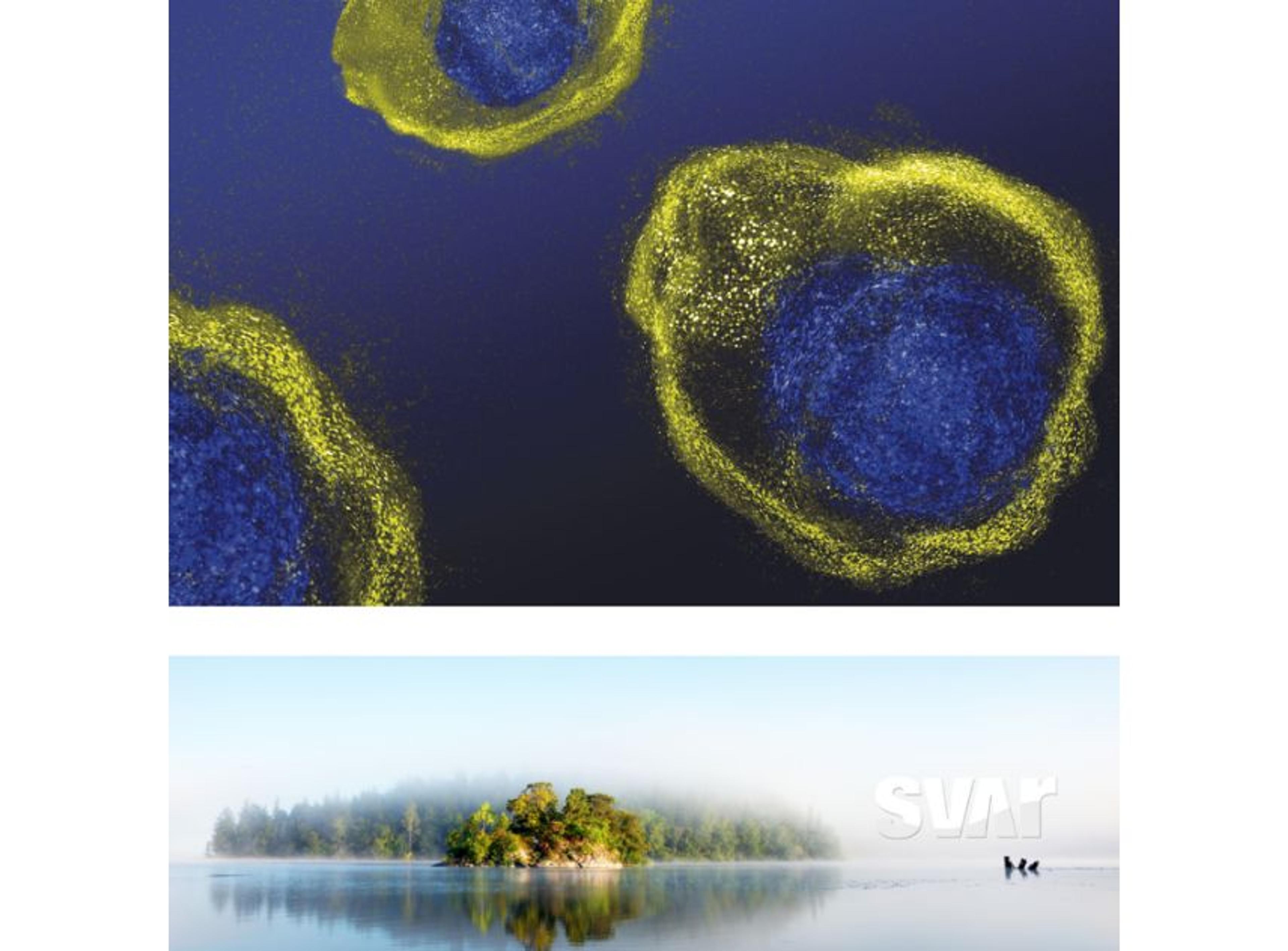The value of assay-ready cells in providing biologically relevant data for robust therapeutic development
Find out how one contract lab is able to support a diverse range of cell-based projects using assay ready cells
3 Oct 2022

AGC Biologics is a global contract development and manufacturing organization (CDMO), which aims to work side by side with a variety of clients to support them in getting new pharmaceutical products to market and, ultimately, to improve the health and wellbeing of patients worldwide.
In this exclusive interview, SelectScience® speaks with Dr. Peter Betz Wolff, of the Analytical Development department at AGC Biologics, who works to implement and develop a range of cell-based assays to meet specific client needs. Here, Wolff shares how his team recommend the use of assay-ready cells to provide the valuable biologically relevant data required for robust pharmaceutical development.
How do you help your clients with their therapeutic development?
PW: Normally, our clients have developed a protein-based biopharmaceutical, which they want to take to market. After this discovery, we’re able to help them in almost all aspects of the development of their pharmaceutical, pre- and post-market. We are able to help them with the manufacturing of said protein, all the required documentation to go with this, as well as helping optimize upstream and downstream processes.
What does a typical day look like at AGC Biologics?
PW: As you can imagine, my days are varied and depend on the type of project I'm working on or where we are within a specific project. In the beginning stages of a project, we will discuss directly with the client how they want their assay developed and what support they need from us. Once we have had that discussion, we can then take on the project. We will develop and optimize a client specific cell-based method or we will work with third-party developers to offer methods with assay-ready cells, if needed. We also work with other vendors which are able to optimize continuous cell lines to ready-to-use, if preferred by the client. When a workable assay has been established, this can be transferred through our quality control department for validation.
The biggest advantage with cell-based systems is that they are a biologically relevant system
Why use cell-based systems over traditional approaches?
PW: Compared to non-cell-based approaches, the biggest advantage with cell-based systems is that they are a biologically relevant system, as they include data concerning internal signal cascades. This is of considerable interest to the authorities when reviewing potential new biologics coming to market.
What are the key advantages and disadvantages of assay-ready cells compared to cells from continuous culture?
PW: From our perspective, assay-ready cells take a lot of the maintenance out of a project. As the name suggests, continuous cell lines need continuous maintenance which is completely removed from the equation with assay-ready cells. This makes your assays much more robust as the cells come from the same master cell bank, with the same passage and properties, and can be considered more like a reagent with a baseline behavior. Of course, one disadvantage with having these assay-ready cells is that you’re not able to blame the cells to the same extent as you can with continuous cell lines. With assay-ready cells, you no longer have as many excuses!

What are you most excited about for the future of your work?
PW: All continuous cell lines need to be converted into assay-ready cells. I hope that technology like this continues to develop as it has enormous biological relevance, and these new techniques will make it easier for analytical labs like ours at AGC Biologics to take in more specialist cell-based projects.
We cannot currently offer highly advanced techniques (e.g., PBMCs) as they require a huge amount of resource, especially as we cover a large variety of clients and a high volume of projects, each with differing needs. However, as new techniques and more accessible off-the-shelf assays are developed, contract labs like ours can more easily provide this valuable biologically relevant data to our clients.
Assay ready cells: Gain biologically relevant data, whilst saving time and money
The iLite® cell-based solutions from SVAR Life Science are designed to offer the ease of use and robustness of a ligand binding assay for a fast and convenient way to accurately measure and quantify drug activity and immunogenicity for virtually any pharmaceutical target. The cells are provided assay-ready for a quicker workflow, with key benefits including:
Cryopreservation: The cells are harvested and frozen at the exact same time to ensure high reproducibility and performance compared to cells in culture.
Dual reporter gene readout: The secondary reporter gene is a powerful tool for ensuring that you get a target-specific signal.
Biological relevance: The combination of excellent target specificity and a high signal-to-noise ratio ensures a biologically relevant functional assay.
Find out more about how Svar Life Science is assisting researchers in their work:

